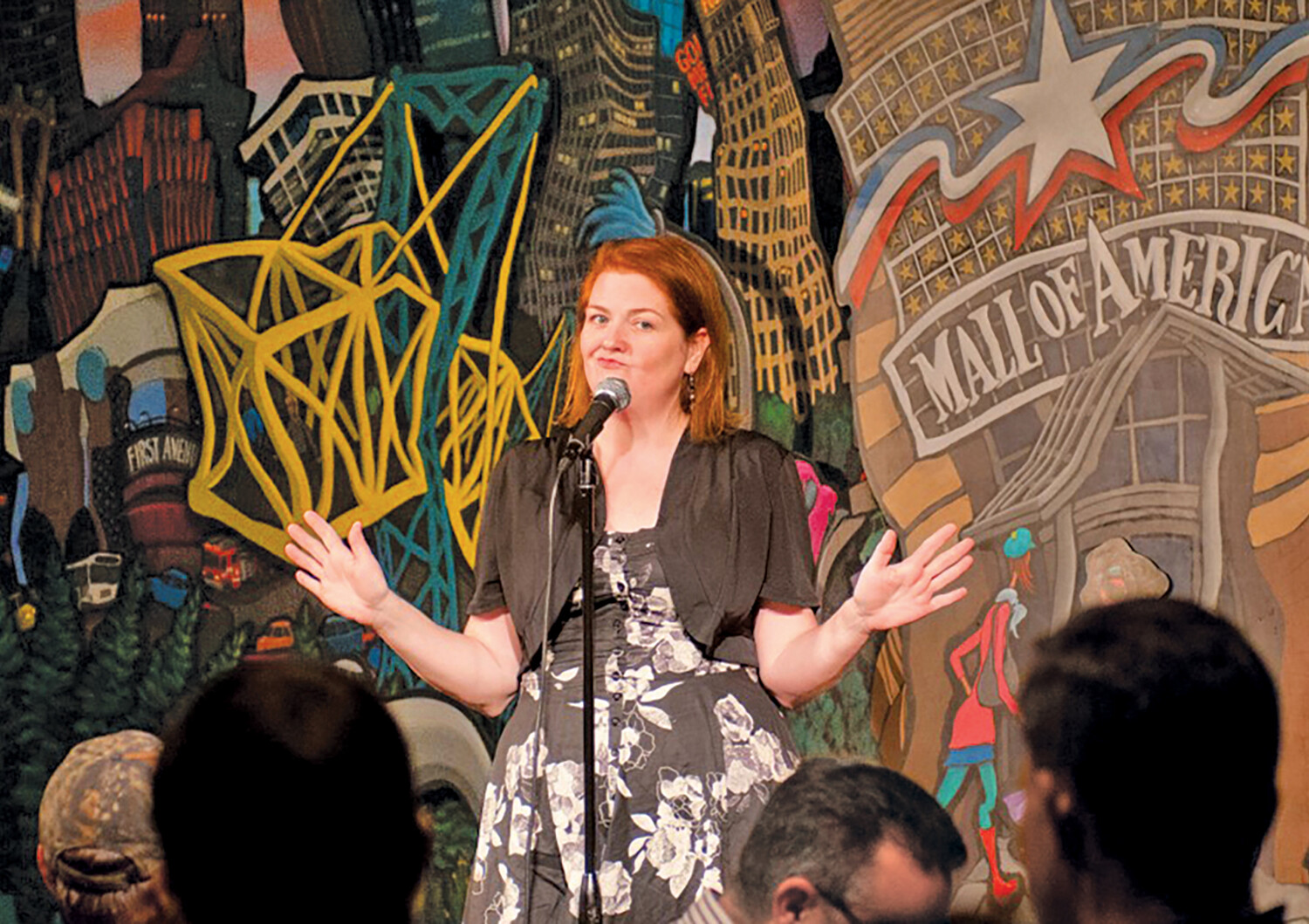When the Class of 1970 enrolled at Madison College, change was in the air.
America had already witnessed the Kennedy assassination and the rise of the civil rights movement. Woodstock and Vietnam War protests would soon follow. While there weren’t any huge political protests or movements at Madison, students were aware of growing tensions across the country.
“We certainly were aware of the Vietnam War, we knew times were changing quickly, and we were beginning to feel more empowered as a student body and as individual students,” Ellen Sheppard (’70) said.
Still, when the Class of 1970 arrived at Madison, there was an abundance of rules and regulations to follow.
“It was very strict,” Sharon Ogden (’70) remembered. “Now, it didn’t stay this way the whole time— in the 1970s they had loosened up a whole bunch—but the first year I was there, we were still kind of governed by people who were living in the 50s, and things were really different for women.”
At the time, there was a curfew for women living on campus, and if they had weekend plans, they had to seek approval from the dean and sign out in advance. There were mandatory weekly assemblies every Thursday, and students couldn’t walk on the grass.
In addition to these rules, women on campus had to adhere to a strict dress code. Slacks and other pants were not permitted. They had to wear blouses, skirts and dresses to class, and were even required to wear formal wear and gloves to church.
“We always had to wear a trench coat over any athletic gear that we had on,” said Diane Raynes (’70), known to her friends as “De.” “So, we couldn’t just parade around in our shorts or our slacks or our sweatpants. Even in sweatpants, we had to have a trench coat over our clothing.”
Trench coats were one of the many ways the women of Madison got around the rules. While they couldn’t wear pants around campus, they could wear large trench coats that hid the pants underneath. If you were ever caught violating the dress code or one of the many regulations, you would receive a call-down, or write-up, and would not be able to leave campus for a week. Students would band together to help each other bypass some of the more strict, seemingly outdated rules.
Despite the regulations, Sheppard, Ogden and Raynes agree that their time at Madison was filled with happiness and enjoyment. Their biggest takeaway was the friendships they made as members of the Zeta Tau Alpha sorority.
“Sororities were really big on campus because you couldn’t really go anywhere except during the weekends, and nobody dated during the week because there weren’t any guys,” Ogden explained. “On the weekends, if you didn’t have a date and go to UVA or Virginia Tech, then you pretty much hung out with your friends, and so sororities then were a really big deal.”
Bid day was a huge event on campus for the women. If you were rushing a sorority, you would go to Wilson Hall and receive an envelope detailing which chapter gave you a bid. From there, you would go onto the Quad and be greeted by your sorority with open arms on the one day of the year you were allowed on the grass. After that, it was weekly meetings, silly rites and traditions, dressing alike, wearing sailor hats and other forms of bonding.
“Sorority life really enriched all of my other experiences,” Raynes said. “I had experiences in athletics, I had experiences in my classes, but it isn’t what you do for four to five hours in the daytime, sitting in class. It’s the relationships and the good times and laughs that come out of your social life.”
This spring, the Class of 1970 celebrated their 50-year reunion. The reunion was supposed to be held last year, but it was rescheduled due to COVID-19. Members participated in a virtual reunion April 12-17, with Zoom events throughout the week. At the end of the week, the Class of 1970 was inducted into The Bluestone Society.
“What I remember is the friendships, the classmates, the experiences and the fun,” Sheppard said. “For me, that’s an awful lot of what those four years were about. … We relied on one another, we supported one another, and we made friendships that were deep and are still deep to this day.”
